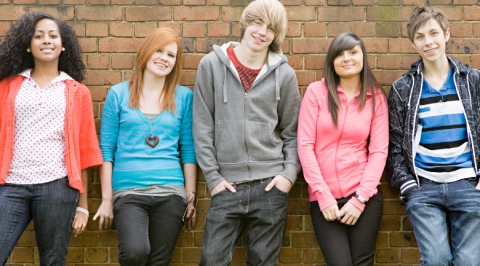CEIR Examines Generational Needs in Fifth Attendee ROI Playback Series

The Center for Exhibition Industry Research (CEIR) announced today the release of the fifth report in the Attendee ROI Playbook series, Generational Differences and Similarities.
“This document is more than a fact sheet,” said CEIR Senior Research Director, Nancy Drapeau, PRC. “It summarizes all aspects in this study, pinpointing how the value proposition for attending varies and is the same generationally. Career-stage needs, information source preferences and influence of the experiential aspect of attending from a generational perspective are discussed. Results signal the high importance of paying attention to these areas to ensure an event hits the value meter of attendees of all generations it serves."
This 18-page report provides an analysis of attendees by generation for the following:
- Workforce profile
- Attendee profile by job level and job function
- Purchasing influence
- Decision-making process for attending
- Importance of objectives for attending
- Extent of pre-planning activities
- Extent of tracking activities while at an exhibition
- Process followed to evaluate outcome of attending
- Metrics used to determine value/ROI of attending
- Net Promoter Score (NPS)
- Attendee ROI/Value Scorecard – summary of the most popular metrics used, where metric users find their needs are met and where B2B exhibitions deliver the best value/ROI
- Ranking of B2B exhibitions compared to other primary information sources relied upon for business information and purchasing decision needs
- Average and median number of B2B exhibitions attended in the past two years
- Anticipated volume of attendance in the next two years
- Reasons for anticipated volume of attendance in the next two years
- Suggestions on how to address gaps to enhance the value of attending a B2B exhibition

“Segmenting target audiences by age or generation is a worthwhile strategic planning effort. This report provides readers with industry benchmarks that organizers and exhibitors can use to compare their offerings and decide where to make adjustments to align with what their target attendees value most. Engaging in these efforts benefits all stakeholders – organizers, exhibitors and attendees,” said CEIR CEO Cathy Breden, CMP, CAE. She further noted, “A very special thank you to the PCMA Education Foundation, whose financial support helped make this research possible.”
Through the generous sponsorship of this study by the PCMA Education Foundation and IAEE, all reports released in the Attendee ROI Playbook series are available at no charge on the CEIR website here.


Add new comment